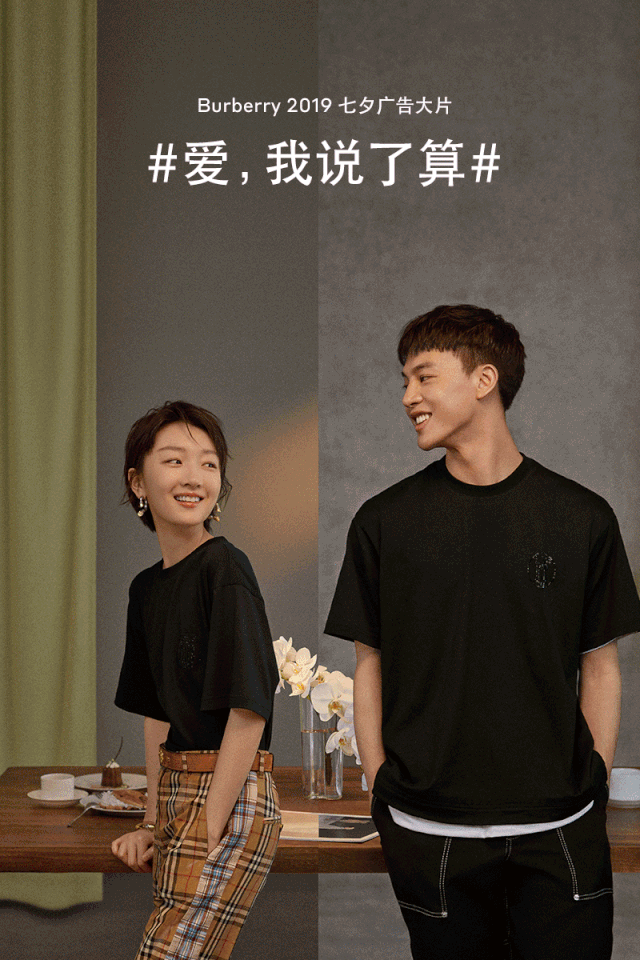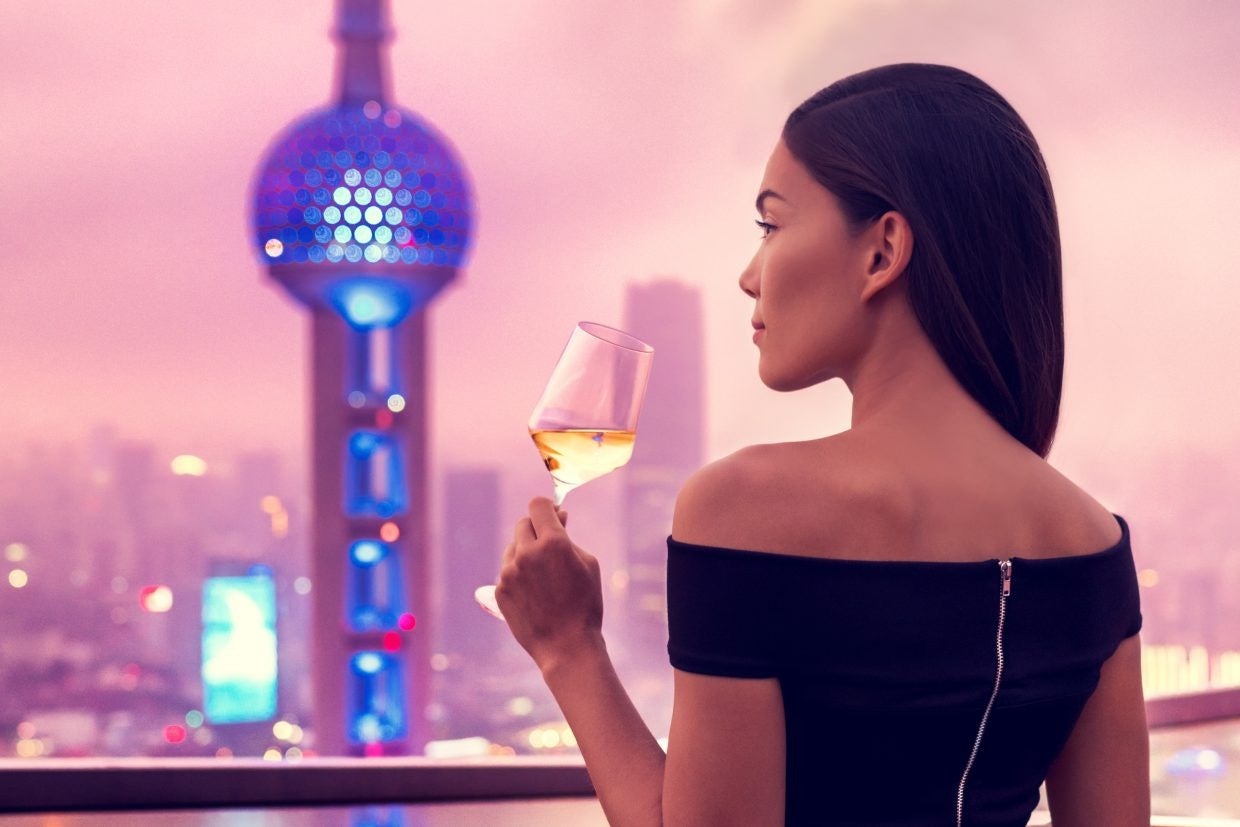After more than three decades of being a "One Child Nation," China is now a Singles Nation. By the end of 2017, the number of single adults in China had surpassed 222 million, accounting for 15% of the total population. Among this vast single pool, whose sheer size exceeds the population of Russia and the UK combined, many are cash-rich urban dwellers who are increasingly open to spending more on fun.
Meet China's new-age "单身贵族dān shēn guì zú," or "single aristocrats," the fast-growing group of well-off millennials who live the single lifestyle by choice. Traditional notions of love and relationship are falling out of appeal. According to the state-run media Xinhua, nearly 70% of post-90 Chinese have been in less than two relationships throughout their lives, and 20% identified themselves as "母胎solo," a slang that literally means "solo living from being a fetus" to describe someone who has never dated.
Such a nonchalant attitude towards singledom makes a sharp contrast to the conservative generations in precedence. When many Chinese millennials' parents still organize "matchmaking corners" in public parks for their children and see getting married as part of one's filial piety, it is a bold, yet increasingly common act for young Chinese to announce their love for being single. Zoe Zhao, a cultural strategist from consultancy Inner Chapter, claims this drastic and recent mentality shift to the generation's exposure to the West. "Many young Chinese today have the opportunity to study or live abroad, exposing themselves to Western culture and concepts. People started to realize that marriage or relationship isn't a must to live a fulling life," said Zoe Zhao.
The single aristocrats have already left marks in China's consumption landscape. According to Alibaba, the keyword search of "single" had three-folded on the e-commerce platform in 2019's Qixi, the Chinese Valentine. Young singles would buy clothes or accessories with ironic sayings such as "Proud Single Social Club" and wear that attitude in public. In February 2019, investment advisory Sinolink Securities released a Single Economy Report, pointing out Chinese singles' spending preferences for convenience, self-care, companion, and self-improvement. The report also estimates future growth in single-friendly industries such as tourism, high-end cosmetics, mini-size household appliances, pets, and self-improvement courses.
As China's single economy accelerates, brands would be naïve to reduce this phenomenon to a merely "millennial" trend worldwide. Doris Ke, the founder of Business of Women, an organization focusing on China's she economy, believes the country's unique social conditions have made Chinese singles spend more and differently. "China is more urbanized than most Western countries. For example, in the U.S., there are only a few cities such as New York, San Francisco, or Los Angeles, where local singles are living the 'big city' life, spending a huge sum on clothes, cosmetics, and body care,” Ke says. “China is much more densely urbanized, so imagine multiplying those image-obsessed people."
Aside from facing a different scale of single consumers, young singles from two cultures also react to branding differently. According to Ke, American singles tend to pay more attention to a brand's symbolic lifestyle, such as the case of Lululemon and the whole athleisure wellness trend. In China, a brand's visual aesthetic still has a more immediate impact than the lifestyle it embodies. "Chinese singles also face much more stimuli to spend from social selling platforms integrated into social apps. Versus in the United States, you might have Instagram, Snapchat and that's about it," Ke added.
But above all, perhaps the most significant difference that distinguishes China's single aristocrats from others is how this new the notion of "happily single" is embraced in China. In many other single economies, being single means embracing freedom and life's vast opportunities. Yet in China, it is an act of rebellion against social norms defined by the older generations. "Our generation is starting to realize that happiness is not confined in the realm of hormones or romantic love,” Zoe Zhao says. “Happiness could come from friendship, lifestyle, family, and other areas of life. This is an important mindset shift."
Culturally savvy brands have already caught the momentum and made campaigns to resonate with these single aristocrats, who are collectively experiencing this phase of adulthood for the first time in China's history.
In the Qixi campaign earlier this year, Burberry has starred actress Zhou Dongyu in a video campaign that defines the festival's love theme in four ways: love for idols, love for pets, love for a long-distance partner, and love for self. To China's vast single population, such a multi-layered interpretation of love is a more penetrating message than a cliché line of "love her, so buy her that."

Another brand that dared a refreshing notion of love during Qixi was the jewelry brand Forevermark. Collaborating with China Women's Daily and influencer @XinShiXiang, the brand launched the ad video "A Wedding Not for Marriage" that had soon gone viral on the Internet. The video has documented a young couple's divorce ceremony, where they openly talk about each of their failures in the marriage. Forevermark even made its slogan as "I pin you down (我要定你)," instead of the classic "I love you," to emphasize how modern love is all about choice, not submission to cultural norms.

As China's single economy progresses, the way millennials perceive love and relationships is rapidly evolving as well, and their notion of love will only become more nuanced. Given this, luxury brands that historically created products and experiences for “traditional” scenarios like engagements or anniversaries will need to adjust their approach as well. To resonate with China's "single aristocrats” brands will have to address love’s new complexity—in all its many layers.
